Boost Your Insulation Bids – Request a Precision Estimate!
- Accurancy
- Efficiency
- Transparency
- Customization
- Time Saving
- Professionalism
- Cost Control
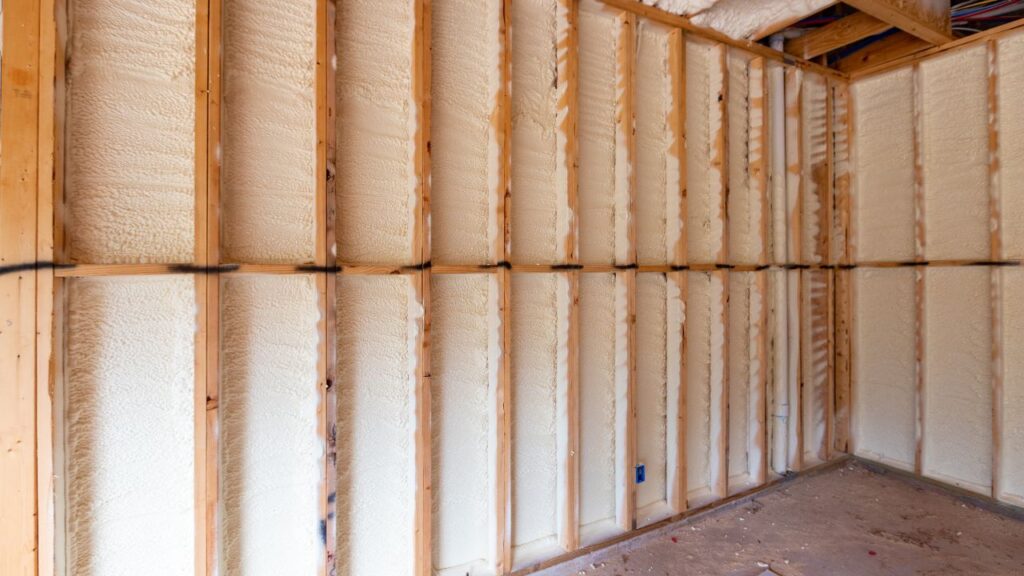
Hostels, as bustling hubs of activity and communal living, often grapple with the challenge of maintaining comfortable temperatures while being mindful of operational costs. One effective solution to strike this balance is investing in roof insulation. A crucial element in energy efficiency, roof insulation not only enhances the well-being of occupants but also contributes to long-term cost savings. This article will guide you through the process of estimating the cost of hostel roof insulation, offering insights into factors influencing expenses and strategies to optimize comfort and efficiency.
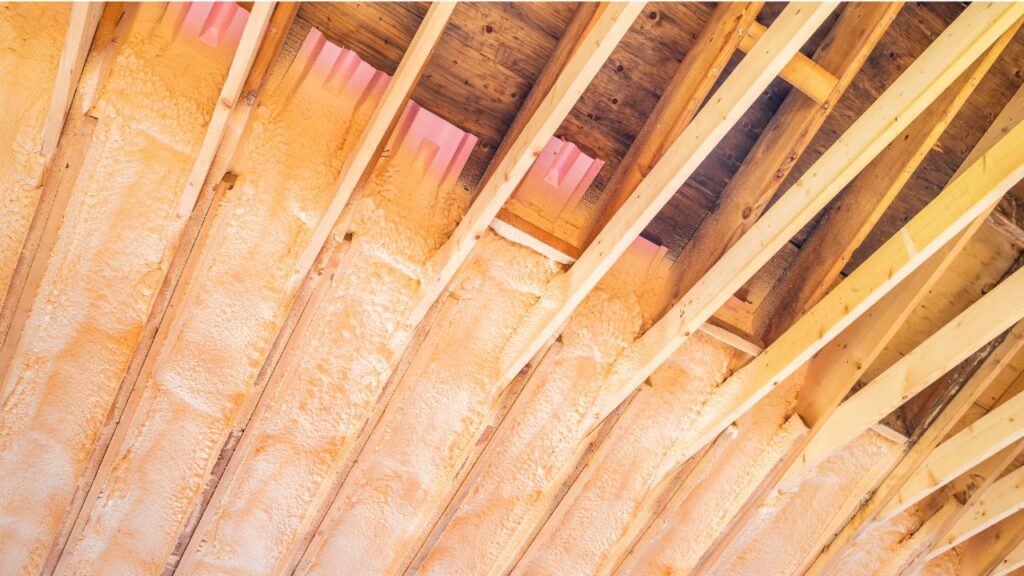
Hostels witness constant foot traffic and varied occupancy patterns, making it essential to provide a comfortable living environment. Roof insulation acts as a barrier against heat transfer, maintaining consistent temperatures and minimizing the need for excessive heating or cooling. By investing in insulation, hostels can create a more pleasant and energy-efficient space for residents.
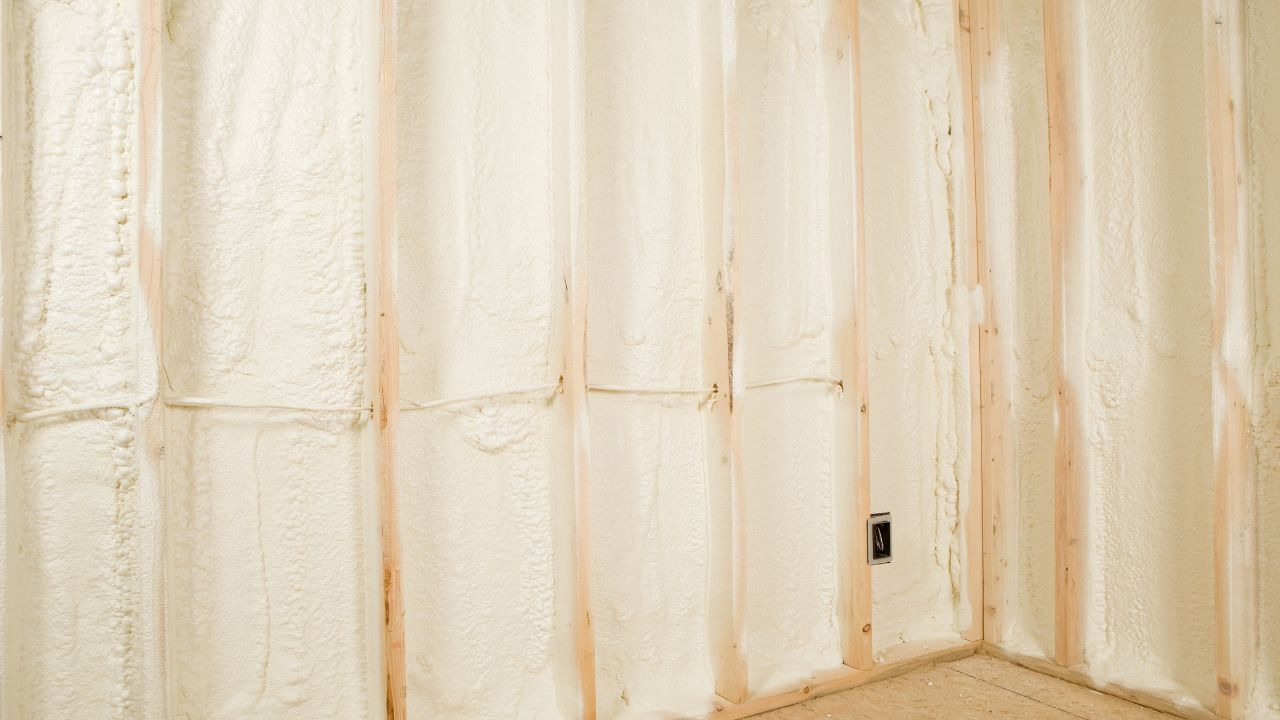
Make Informed Design Decisions Showcase Your Design Ideas
Get RenderingThe choice of insulation material is a critical factor in determining the overall cost of hostel roof insulation. Hostel administrators must carefully evaluate options such as fiberglass, foam boards, or spray foam, considering both initial costs and long-term energy savings. While certain materials may have higher upfront expenses, their superior insulation properties can lead to significant energy efficiency and reduced utility bills over time. The decision-making process involves a nuanced analysis, weighing the immediate financial investment against the potential for substantial long-term savings. The selected material not only influences the economic aspect of the insulation project but also plays a crucial role in determining the overall thermal performance and sustainability of the hostel’s roofing system.
The size and complexity of a hostel’s roof are pivotal factors in estimating insulation costs. Irregular roof shapes, slopes, and additional features contribute to the complexity of the installation process, impacting both material consumption and labor costs. Larger roofs or those with intricate architectural details may require more insulation material and specialized installation techniques. Hostel administrators need to conduct a detailed assessment of their roofing structure to accurately determine the quantity of insulation needed. This meticulous evaluation ensures that the insulation solution is tailored to the unique characteristics of the roof, optimizing both effectiveness and cost-efficiency.
The thickness of the insulation layer is a crucial consideration in achieving optimal thermal resistance. Thicker insulation generally provides better energy efficiency by minimizing heat transfer. However, it’s essential to strike a balance between insulation thickness and cost considerations. While thicker insulation may incur higher material costs, the long-term benefits in terms of energy savings can outweigh the initial investment. Hostel administrators should carefully assess the insulation requirements based on regional climate conditions and energy efficiency goals, ensuring that the chosen thickness aligns with both performance objectives and budget constraints.
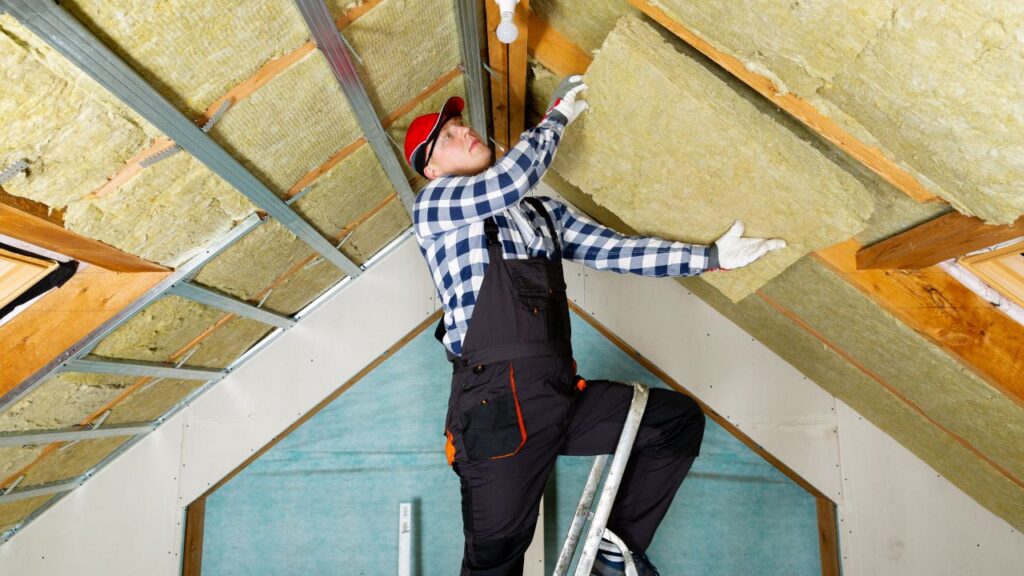
Choosing the right installation method is a key decision in the overall cost and effectiveness of hostel roof insulation. Different methods, such as batts, rolls, or spray application, come with varying installation costs. The decision-making process should take into account the specific characteristics of the hostel’s roof structure and budget constraints. For instance, spray foam insulation provides a seamless application that conforms to irregular shapes, potentially reducing labor costs. Hostel administrators need to evaluate the compatibility of each method with the roofing system to ensure efficient installation while optimizing overall costs.
The debate between professional installation and the do-it-yourself (DIY) approach is a crucial aspect of cost considerations. While some hostels may be tempted to cut costs by opting for a DIY installation, professional installation offers assurance of proper application and adherence to safety standards. The upfront savings of a DIY approach must be weighed against the potential long-term benefits of a professionally executed installation. Ensuring the insulation is correctly applied is essential for maximizing its effectiveness, longevity, and overall impact on the hostel’s energy efficiency. Hostel administrators should carefully evaluate the skills and resources available before deciding on the most cost-effective and sustainable installation approach.
Calculating the cost of roof insulation for a hostel involves a thoughtful consideration of the factors mentioned above. Utilizing a cost estimator tool or consulting with insulation professionals can provide accurate estimates based on the hostel’s specific requirements.
For hostels with extensive roofing requirements or multiple buildings, adopting a bulk purchasing strategy for insulation materials can yield significant cost advantages. By procuring materials in larger quantities, hostels may negotiate discounts, effectively reducing the overall unit costs of insulation. This approach not only contributes to immediate savings but also aligns with a sustainable and cost-effective long-term strategy for maintaining and upgrading the insulation across the entire hostel infrastructure. Bulk purchasing allows administrators to efficiently manage the insulation needs of various buildings within the hostel, ensuring consistency in material quality and performance while optimizing financial resources.

Embracing a comparative bidding approach empowers hostel administrators to make informed decisions regarding cost-effective insulation solutions without compromising quality. By obtaining quotes from different suppliers and contractors, administrators gain insights into the prevailing market rates and available options. This strategy promotes transparency in the procurement process, allowing hostels to select insulation materials and services that align with their budget constraints while meeting desired performance standards. Comparative bidding fosters healthy competition among suppliers, driving down costs and ensuring that the chosen insulation solution represents the best value for the hostel’s investment.
Hostel administrators can enhance their cost-effectiveness by exploring incentives and rebates offered by local or national authorities for implementing energy-efficient insulation solutions. Many governments incentivize sustainable practices, including the adoption of eco-friendly insulation materials. Investigating and capitalizing on available programs can result in financial rewards that offset a notable portion of the hostel’s insulation expenses. Beyond immediate cost benefits, participating in energy efficiency incentive programs aligns with broader environmental goals and positions the hostel as a responsible steward of resources, contributing to both financial savings and ecological sustainability.
Collaborating closely with contractors to optimize the installation process is a strategic move for hostels seeking cost-effective insulation solutions. Efficient planning and execution can minimize labor hours, translating into potential savings in installation costs. Hostel administrators should work with experienced contractors to explore streamlined installation methods tailored to the specific roofing structure.
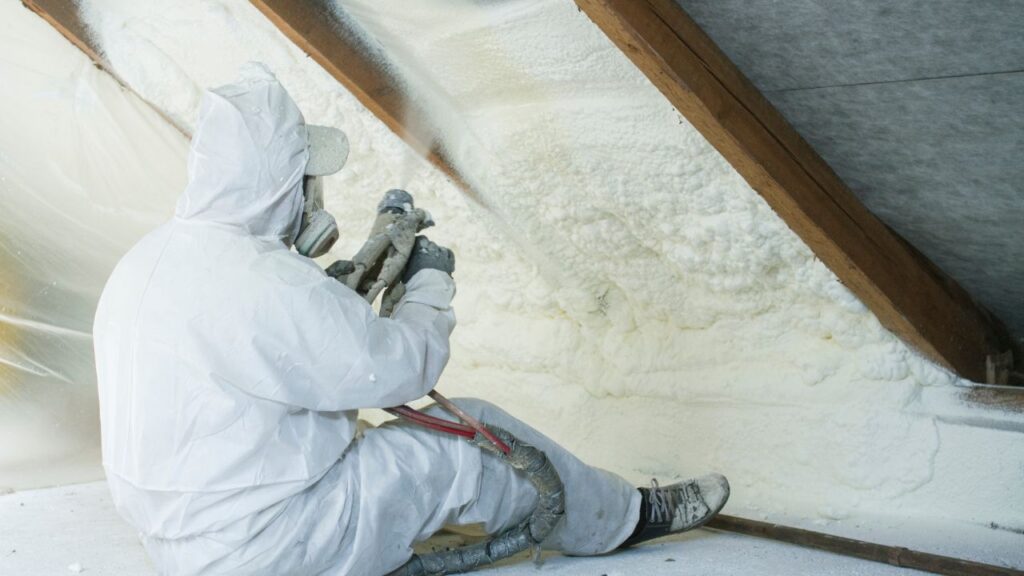
Optimizing the installation process not only contributes to immediate cost savings but also ensures that the insulation is effectively applied, maximizing its long-term performance. Balancing efficiency and effectiveness in installation becomes crucial in achieving a cost-conscious yet impactful insulation solution for the hostel.
While initial costs are a vital aspect of budget considerations, hostel administrators should adopt a forward-looking perspective by focusing on the long-term savings associated with roof insulation. Investing in high-quality insulation materials and professional installation may entail a higher upfront cost, but the subsequent reduction in energy consumption and utility bills over the years positions roof insulation as a wise financial decision. Hostel administrators should view insulation as a strategic investment that pays off gradually, contributing to sustained financial prudence and reinforcing the hostel’s commitment to energy efficiency and environmental responsibility.
Hostel roof insulation is a key investment for maintaining a comfortable living environment while managing operational costs effectively. Considerations like material selection, roof size, insulation thickness, and installation method impact costs. Striking a balance between upfront expenses and long-term savings is crucial.
The choice between professional installation and DIY should be made by evaluating upfront savings against the long-term benefits. Estimating insulation costs requires a comprehensive assessment using tools or professional consultation.
Optimizing costs through strategies like bulk purchasing, comparative bidding, exploring energy efficiency incentives, and efficient installation methods is essential. Hostel administrators should view insulation as a strategic investment for sustained savings, reduced energy consumption, and environmental responsibility, aligning with broader sustainability goals.
Roof insulation in hostels is crucial for maintaining comfortable temperatures, reducing the need for excessive heating or cooling, and contributing to long-term cost savings on utility bills.
The type of insulation material significantly influences costs, with options like fiberglass, foam boards, or spray foam having varying upfront expenses and long-term energy savings.
Factors such as roof size, irregular shapes, slopes, and architectural details contribute to the complexity of estimating insulation costs, affecting both material consumption and labor expenses.
Insulation thickness is crucial for achieving optimal thermal resistance. While thicker insulation provides better energy efficiency, balancing thickness with cost considerations is essential.
Different installation methods, such as batts, rolls, or spray application, come with varying costs. The choice depends on the specific characteristics of the hostel’s roof structure and budget constraints.
Professional installation ensures proper application, adherence to safety standards, and maximizes the long-term effectiveness of insulation, outweighing the upfront savings of a DIY approach.
Hostels can utilize cost estimator tools or consult insulation professionals to accurately estimate costs based on specific requirements, considering factors like material selection and roof size.
Strategies such as bulk purchasing, comparative bidding, exploring energy efficiency incentives, and optimizing installation methods are recommended to optimize roof insulation costs for hostels.
Here I am going to share some steps to get your hostel roof insulation cost estimate report.
You can send us your plan on info@estimatorflorida.com
Before starting your project, we send you a quote for your service. That quote will have detailed information about your project. Here you will get information about the size, difficulty, complexity and bid date when determining pricing.
Our team will takeoff and estimate your project. When we deliver you’ll receive a PDF and an Excel file of your estimate. We can also offer construction lead generation services for the jobs you’d like to pursue further.



561-530-2845
info@estimatorflorida.com
Address
5245 Wiles Rd Apt 3-102 St. Pete Beach, FL 33073 United States
561-530-2845
info@estimatorflorida.com
Address
5245 Wiles Rd Apt 3-102 St. Pete Beach, FL 33073 United States
All copyright © Reserved | Designed By V Marketing Media | Disclaimer